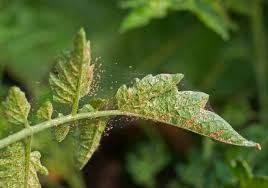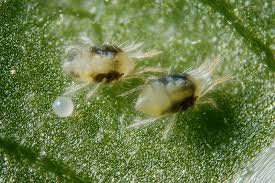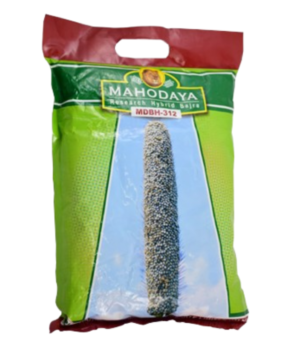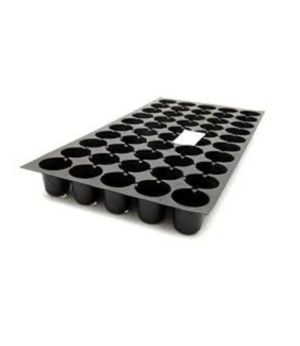Spider Mites: Tiny Pests with Big Impact
Spider mites are minuscule arachnids, less than 1mm in size, that can cause major damage to plants. Their rapid reproduction can turn a healthy plant into a distressed one in no time. Here’s how to identify, prevent, and manage these pests effectively.

Common Spider Mite Species:
- Two-Spotted Spider Mite (Tetranychus urticae): Notable for two dark spots on its body.
- Spider Mite (Tetranychus turkestani): Similar appearance but adapted to different environments.

Signs of Infestation:
- Fine Webbing: Look for silky webs on leaf undersides.
- Speckled Leaves: Tiny yellow or white speckles from mite feeding.
- Leaf Drop: Affected plants may shed leaves.
- Stunted Growth: Slowed growth and reduced yields.
Conditions Favoring Spider Mites:
- Hot, Dry Environments: Thrive in low humidity, making indoor plants and greenhouses vulnerable.
Preventing Spider Mite Infestations:
- Maintain Humidity: Use a humidifier or mist plants to deter mites.
- Regular Inspection: Check plants frequently for early signs of mites.
- Proper Watering: Avoid over-watering; well-watered plants are more resilient.
- Introduce Beneficial Insects: Ladybugs, lacewings, and predatory mites can help control populations.
Managing Infestations:
- Wash Plants: Use a strong water jet to remove mites and webs.
- Insecticidal Soaps and Oils: Neem oil or insecticidal soap can be effective. Apply thoroughly.
- Miticides: For severe cases, use specialized miticides as directed, considering their effect on beneficial insects.
- Prune Affected Areas: Remove heavily infested parts to reduce mite numbers and spread.
Long-Term Solutions:
- Crop Rotation: Rotate plants to prevent mites from establishing.
- Maintain Plant Health: Strong plants are less susceptible. Ensure proper care and nutrients.
- Regular Monitoring: Ongoing vigilance helps catch problems early.

















